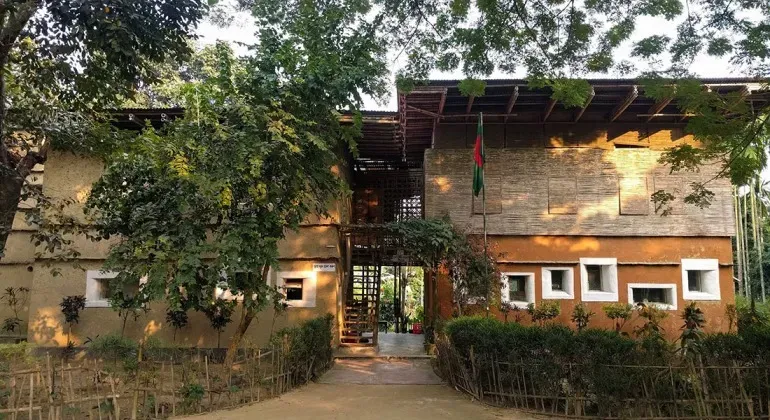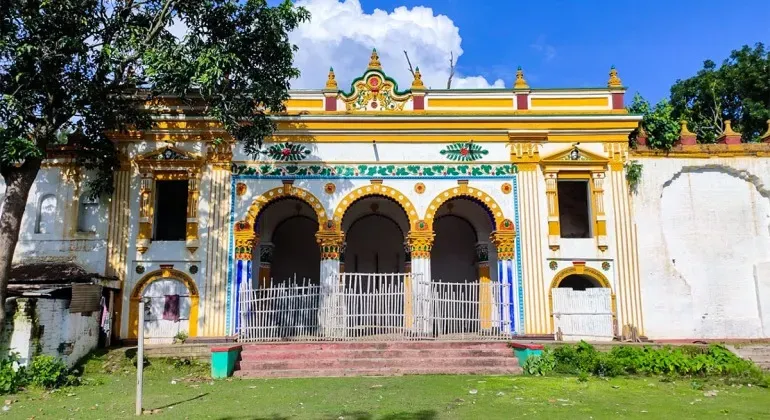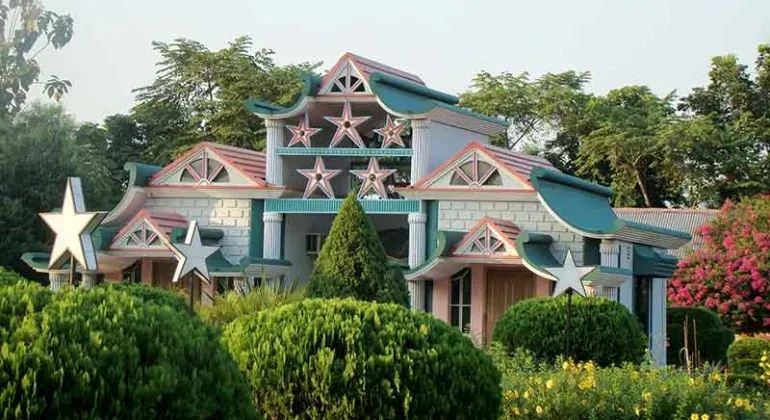
Dipshikha Meti School Dinajpur
DinajpurShafayet Al-Anik
·14 December 2024
Introduction to Dipshikha Meti School Dinajpur
how to go
where will you stay
where to eat
Sightseeing places of Dinajpur district
Related Post
Ramsagar Dighi Dinajpur
Ramsagar Dighi (Ramsagar Dighi) is the largest man-made dighi of Bangladesh located in Tezpur villag ...
Shafayet Al-Anik
•
11 December 2024
Dinajpur Rajbari
Dinajpur Rajbari, located very close to Dinajpur city, has been regarded as a symbol of the history ...
Shafayet Al-Anik
•
21 December 2024
Shopnopuri Artificial Amusement Park
Shopnopuri Picnic Spot ( Shopnopuri Artificial Amusement Park ) or entertainment center has been bui ...
Shafayet Al-Anik
•
4 December 2024
 CholoZai
CholoZai
CholoZai is an easier hotel booking platform in Bangladesh, We are trying to making travel simple and accessible for everyone. Choose CholoZai for a hassle free hotel booking experience.
Need Help ?
We are Always here for you! Knock us on Whatsapp (10AM - 10PM) or Email us.



